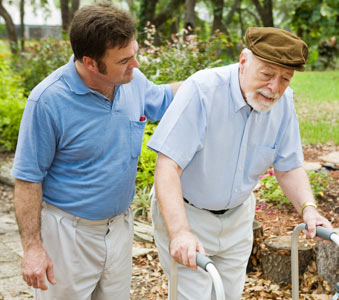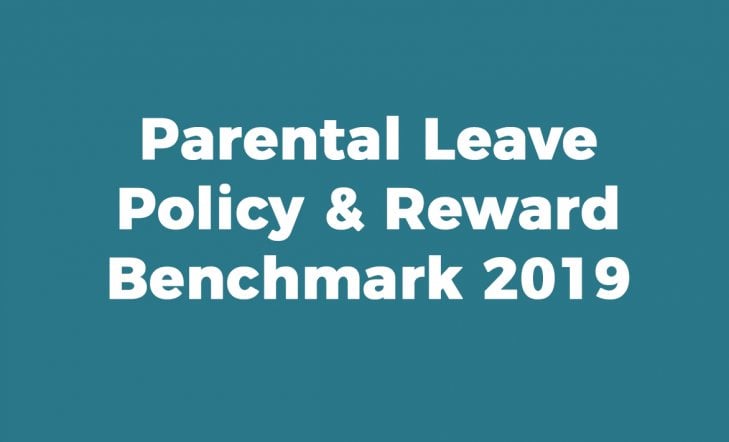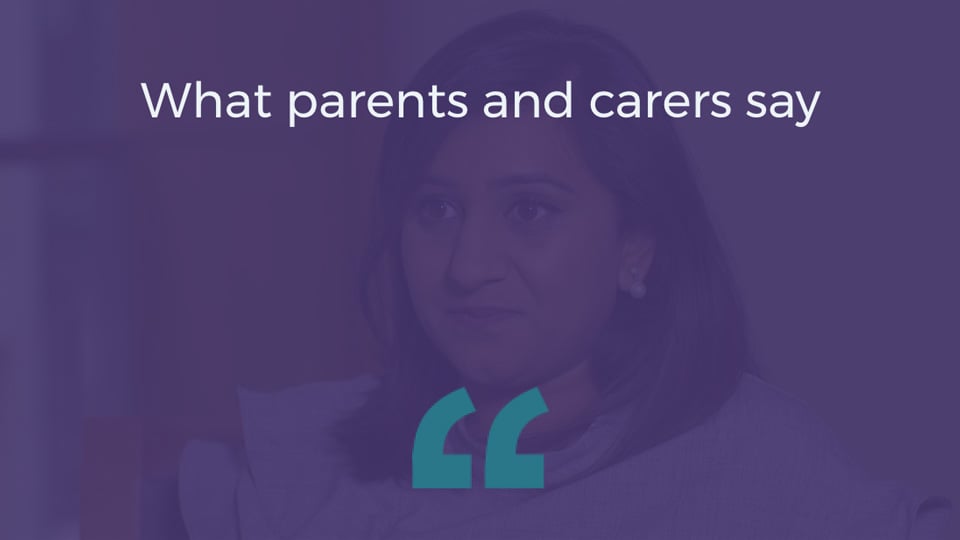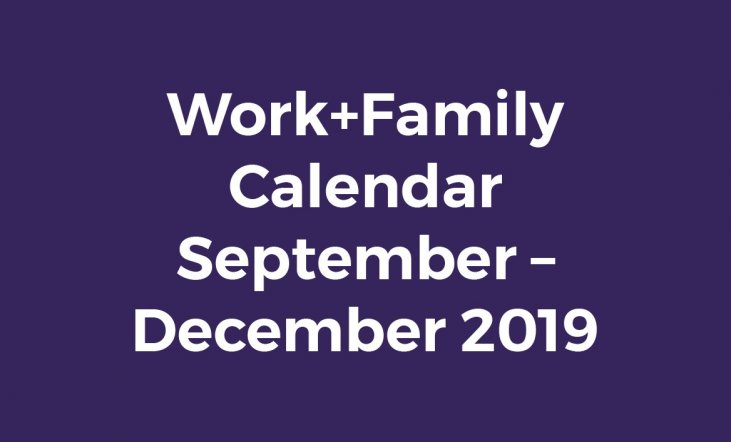Newsletter Sign Up
Regular work+family updates for
HR and diversity professionals.
My Family Care asks Lesley: Caring for a family member, regardless of age, can bring with it it's fair share of guilt. Some people feel they are neglecting their partner, their children, and their friends when they become a carer for an elder relative. What can be done to alleviate these feelings and help the carer balance their work and family life?
Eldercare, one of the hardest things we ever have to face?
It's well-known that childcare is difficult. However, it's also hugely satisfying watching a child grow up and learn to look after themselves. Eldercare is also difficult and stressful. Sadly, it's often not very rewarding and looking ahead is far less positive.
Taking on responsibility for an elderly relative can sneak up over time or happen overnight. Most of us who've been there, working or not, describe it as one of the hardest things we've ever had to face.
Guilt is the norm
Just as with childcare, eldercare means guilt - deeper and more complicated guilt. It is clearly the job of a parent to look after their children. But whose responsibility is it to look after an elderly relative?
Pope Francis recently reflected the view of many cultures when he said that it was a 'sin' to neglect older family members. Does that mean that every son or daughter must devote their middle years entirely to looking after ageing parents? What about other commitments, like family, boss and career?
Role reversal
'Parenting your parent' (or another elderly relative) can feel uncomfortable, even traumatic - like nothing you do is good enough. In this situation people often say things like:
- I'm constantly juggling two full-time jobs - work and eldercare - and not doing either of them properly
- I never have enough time for my family or friends - let alone myself
- I'm constantly exhausted and worn down by guilt and anxiety.
How to cope with guilt
Firstly, it's important to recognise that life may be tough for some time. Rather than letting guilt completely take over, you may have to make some personal changes. For example:
- Accept that you're likely to have a rollercoaster of emotions and that feeling conflicted and anxious goes with the territory
- Don't try to be perfect - be realistic about what you can and can't do
- Be kind to yourself, look after your own health, and don't be afraid to ask for help
- Talking helps. Tell family, friends, professionals or other working carers how you feel.
How to balance work and eldercare
Recent articles in the press have highlighted the problem of 'secret' carers in the workplace. At the same time, the media also reports that many employers are becoming much more aware of this issue. They want to provide support and avoid losing experienced members of staff.
So it's worth being brave, discussing your eldercare challenges and being proactive:
- Start by getting informed. Find out as much as you can about your rights at work and relevant company policies such as flexible working, job sharing and working from home
- Talk to HR and/or your manager. Be constructive and look for a 'win-win' proposal
- Be really well organised and ruthless in managing your time
- Explain your situation to team members. Identify someone trustworthy who can delegate for you if you're called away in an emergency.
Eldercare coaching - how to get the right balance for you
One option in this situation is eldercare coaching. An eldercare coach combines knowledge of eldercare issues with qualifications in executive coaching and/or life coaching. The coach offers a safe, confidential space, listens without judging, explores options with you and helps you find the balance that's right for you as a working carer.
Dr. Lesley Trenner, Columnist, When They Get Older
Eldercare specialist and coach Dr Lesley Trenner is a columnist for When They Get Older, the advice and tips website and newsletter for people juggling eldercare and work. Lesley also provides one-to-one help for people struggling to balance work and care or cope with mid-life, family and career challenges.












